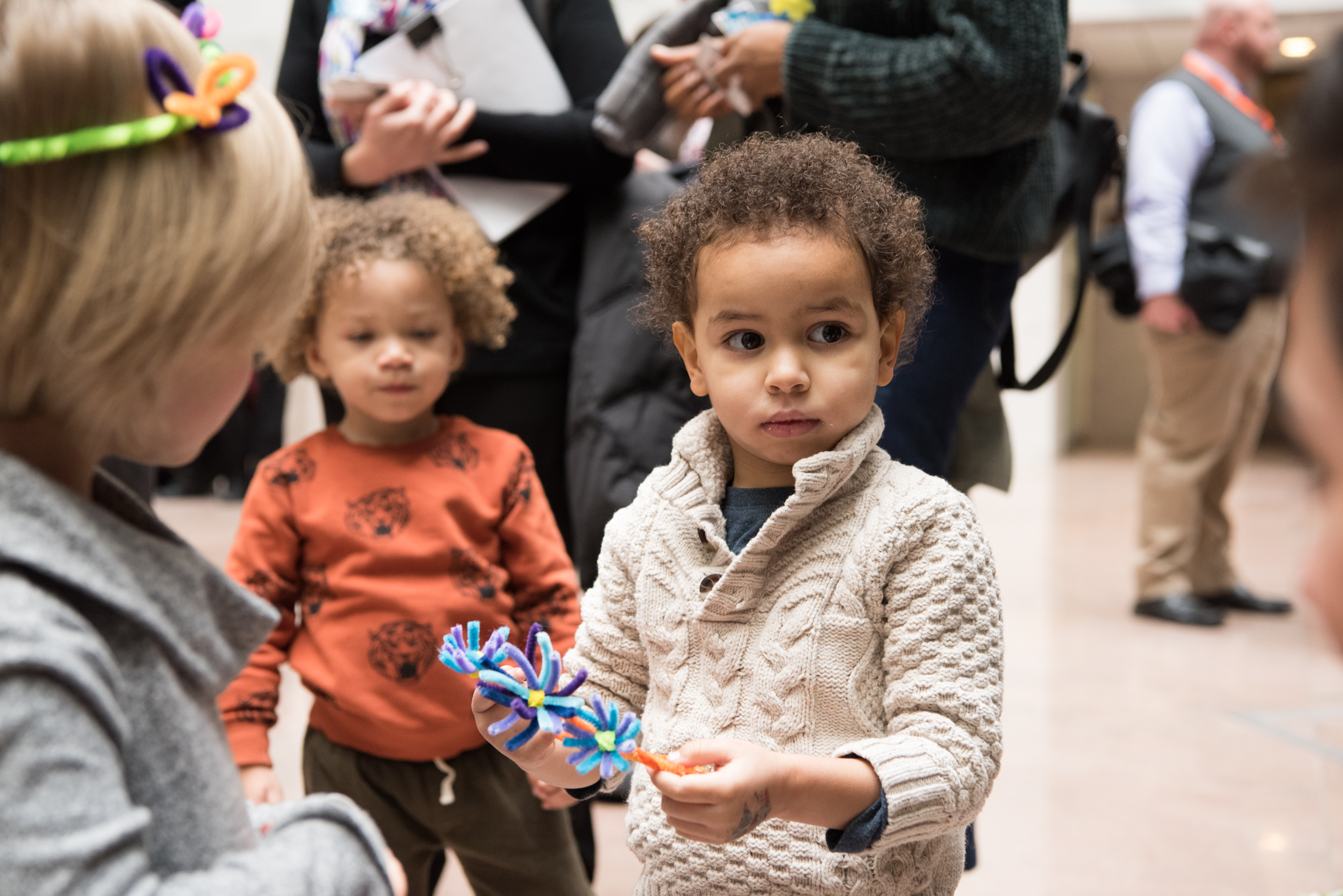Extremist judges will not stop endangering the lives of pregnant people or people who may become pregnant—overturning Roe v. Wade, attacking medication abortion, threatening the future of IVF, and this week at SCOTUS, emergency abortion care.
Our lawyers are waging strategic fights that make clear what is at stake for people who can become pregnant and seek to bolster our fundamental rights to control our lives, futures, and destinies.


 Many parents choose FFN care, and they choose it for a variety of reasons. Some parents feel most comfortable having their children cared for by a relative or a friend or neighbor they know and trust. Some live in rural area or urban neighborhoods that lack more formal child care options. In some cases, particularly for low-income families, FFN care is the most affordable choice. Parents working in low-wage jobs frequently rely on FFN care because it is the only option flexible enough to accommodate the parents’ often non-standard or variable work hours. About
Many parents choose FFN care, and they choose it for a variety of reasons. Some parents feel most comfortable having their children cared for by a relative or a friend or neighbor they know and trust. Some live in rural area or urban neighborhoods that lack more formal child care options. In some cases, particularly for low-income families, FFN care is the most affordable choice. Parents working in low-wage jobs frequently rely on FFN care because it is the only option flexible enough to accommodate the parents’ often non-standard or variable work hours. About

